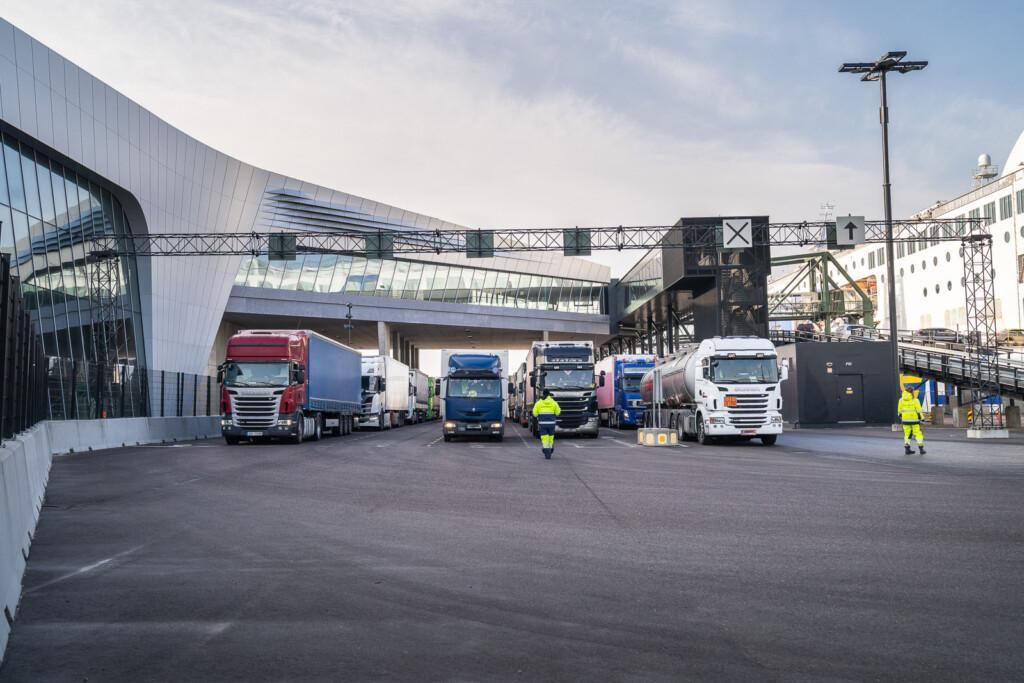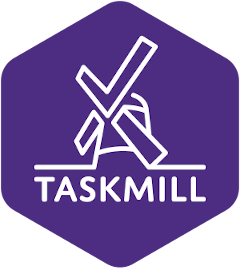Eckerö Line is a multi-service company founded in 1994, operating the ships M/S Finlandia and Finbo Cargo. They offer high-quality travel packages, retail and restaurant services, meeting and group products, hotel packages, and freight services. Their mission is to be the most enjoyable ship on the Tallinn route, providing the best service, highest quality food, and most diverse entertainment on the Baltic Sea.
The Need for Implementing the OKR Model
Eckerö Line’s new strategy emphasizes responsibility, adaptation to a changing world, and prioritization. The company needed a clear way to implement the strategy and monitor its execution. The OKR model (Objectives and Key Results) provided a solution that linked goals across different timeframes. North Star objectives set the long-term direction, annual goals focused on medium-term achievements, and quarterly goals (cycle goals) guided daily operations. The OKR model enabled transparent monitoring of the strategy and ensured that all levels of the organization worked towards the same goals.
The OKR model helps us bring the strategy concretely into everyday life and provides us with tools to clearly and systematically track the achievement of goals.
summarizes Eckerö Line’s CEO Taru Keronen
With the OKR model, Eckerö Line can set goals across different timeframes and monitor their achievement. One of the key themes in the new strategy is responsibility, which is strongly reflected in Eckerö Line’s goals and key results. Responsibility goals extend to the organization’s daily operations and are visible in reducing energy and water consumption, managing waste and food waste, and taking care of employee health. The OKR model is ideal for implementing such strategic changes because it strongly emphasizes the involvement of employees and teams in achieving goals.

Commitment and Dedication
The implementation of the OKR model began in the fall of 2023, with strong commitment from Eckerö Line’s management. The change started with training sessions for the entire management team, focusing on theory, practice, and creating a vision for change, including the rationale for choosing the OKR model and its goals. Taskmill’s experts also gained an in-depth understanding of Eckerö Line’s operations, including ship visits, which helped them better understand the organization’s daily life and challenges.
“Getting to know Eckerö Line’s operations in-depth was a unique experience and helped us OKR coaches understand the organization’s operations and challenges in practice. It has had a significant impact on the successful start of the change,” explains Taskmill’s Organizational Coach Elina Jolma.
After the management training, annual goals were set in the OKR format, considering dependencies and risks. Taskmill and Eckerö Line also jointly planned a roadmap for implementing the OKR model, defining the step-by-step rollout of the OKR model.
“Taskmill’s coaches challenged us to focus on the essentials and helped clarify our goals. Thanks to their support, we were able to proceed systematically and achieve concrete results,” says Eckerö Line’s CEO Taru Keronen.
After the management training, supervisors and experts were also trained. Over 100 people participated in the training sessions for supervisors and experts, demonstrating Eckerö Line’s commitment and investment in implementing the model. At the same time, pilot teams were selected from three strategic areas to advance their goals according to the OKR model.
Strategically important areas were chosen for the pilot projects, with leaders who could invest in implementing the model. The pilots started with team-specific workshops focusing on defining goals and key results in an inclusive manner. After that, the teams independently advanced goal-setting, with Taskmill’s coaches providing support as needed to help them progress in applying the model. The focus was on ambitious but realistic goals that initiated learning.
“In the pilot team training, we focused on concrete examples and practical exercises, which help teams understand the benefits of the OKR model and apply it in their work. We helped teams formulate their own goals and key results, giving them the necessary tools and confidence to build and track their own goals,” recounts Taskmill’s Organizational Coach Rasmus Ståhle.
The Superpowers and Results of the OKR Model
The superpowers of the OKR model – focus, alignment, commitment, tracking, and stretching – played a central role in the change. Taskmill helped Eckerö Line focus on the most important things, align teams with common goals, and initiate result tracking. Monitoring and well-functioning routines support the application of the model in the organization’s daily life.
“Taskmill’s experts brought clarity and systematicity to the implementation of the strategy. Their expertise and understanding of our needs have helped us get the change underway. The collaboration has been smooth, and we have received the necessary support from them on our change journey,” sums up Taru Keronen.
